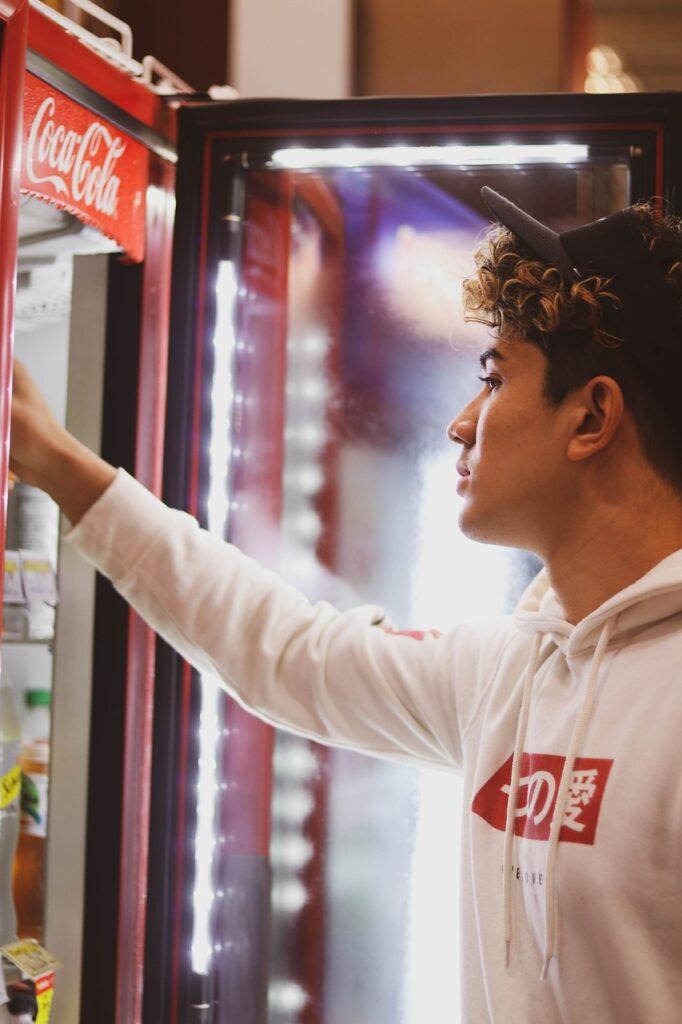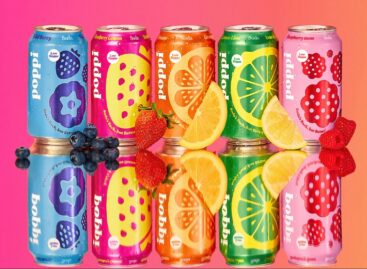Gen Z Consumers ‘Behave Like Boomers’ When Grocery Shopping: Study
Some 59% of Generation Z consumers prefer to shop for groceries in-store rather than online, a similar percentage to those in the Baby Boomer generation, a new study by Clear Channel has found.

According to the study, which surveyed 2,000 respondents in the UK, the main reasons why consumers prefer in-store shopping include the ability to assess a product’s quality (63%), immediate availability of a particular product (53%) and the ability to obtain better deals (43%).
In addition, one in three respondents said they believed they were more likely to discover new products from shopping in-store, while 25% said that they valued the in-store customer experience.
Cost-Of-Living Crisis
The study also sought to determine the level to which the cost-of-living crisis has affected consumer behaviour in the UK, with nearly half (45%) of shoppers stating that they are seeking to cut down on luxuries and treats, while 38% are seeking to avoid impulse purchases.
Other strategies cited by respondents to cope with the cost of living crisis include shopping at cheaper supermarkets (37%), switching to own-label products instead of their usual brands (35%), and reducing shopping frequency to avoid overspending (26%).
Buying Behaviour
“In light of the ongoing economic uncertainty and its effect on consumers, we looked to conduct a study that would help brands to better understand buying behaviour,” commented Ben Hope, marketing director at Clear Channel UK.
“The potential for communicating brand messages through in-store and Out of Home advertising is still as relevant as ever, as shoppers are refusing to compromise on the experience they have by shopping in-store, even if their goal is to spend slightly less. What might surprise many is the trend for the younger 16-24 generation towards the physical in-person experience.”
Key drivers for product selection include discounts (65%), the cheapest price available (37%), and products from well-established brands (27%), the study found.
Impulse Purchases
Elsewhere, residents in Plymouth, Brighton, Newcastle, London, and Liverpool are the most prone to making impulse purchases, while the top categories for impulse purchases are food (55%), clothes (29%), drinks (25%), takeaways (24%), and household items (23%).
For men, the top impulse purchase categories are food (55%), drinks (31%), and takeaways (24%), while for women, they are food (54%), clothes (35%), and household items (26%).
ESM
Related news
Veganuary inspires millions of people in the UK
🎧 Hallgasd a cikket: Lejátszás Szünet Folytatás Leállítás Nyelv: Auto…
Read more >Related news
(HU) Átadták a SIRHA Budapest 2026 Innovációs Termékverseny díjait
🎧 Hallgasd a cikket: Lejátszás Szünet Folytatás Leállítás Nyelv: Auto…
Read more >How does the forint exchange rate affect consumer prices?
🎧 Hallgasd a cikket: Lejátszás Szünet Folytatás Leállítás Nyelv: Auto…
Read more >HELL CITY has arrived, led by Michele Morrone
🎧 Hallgasd a cikket: Lejátszás Szünet Folytatás Leállítás Nyelv: Auto…
Read more >








